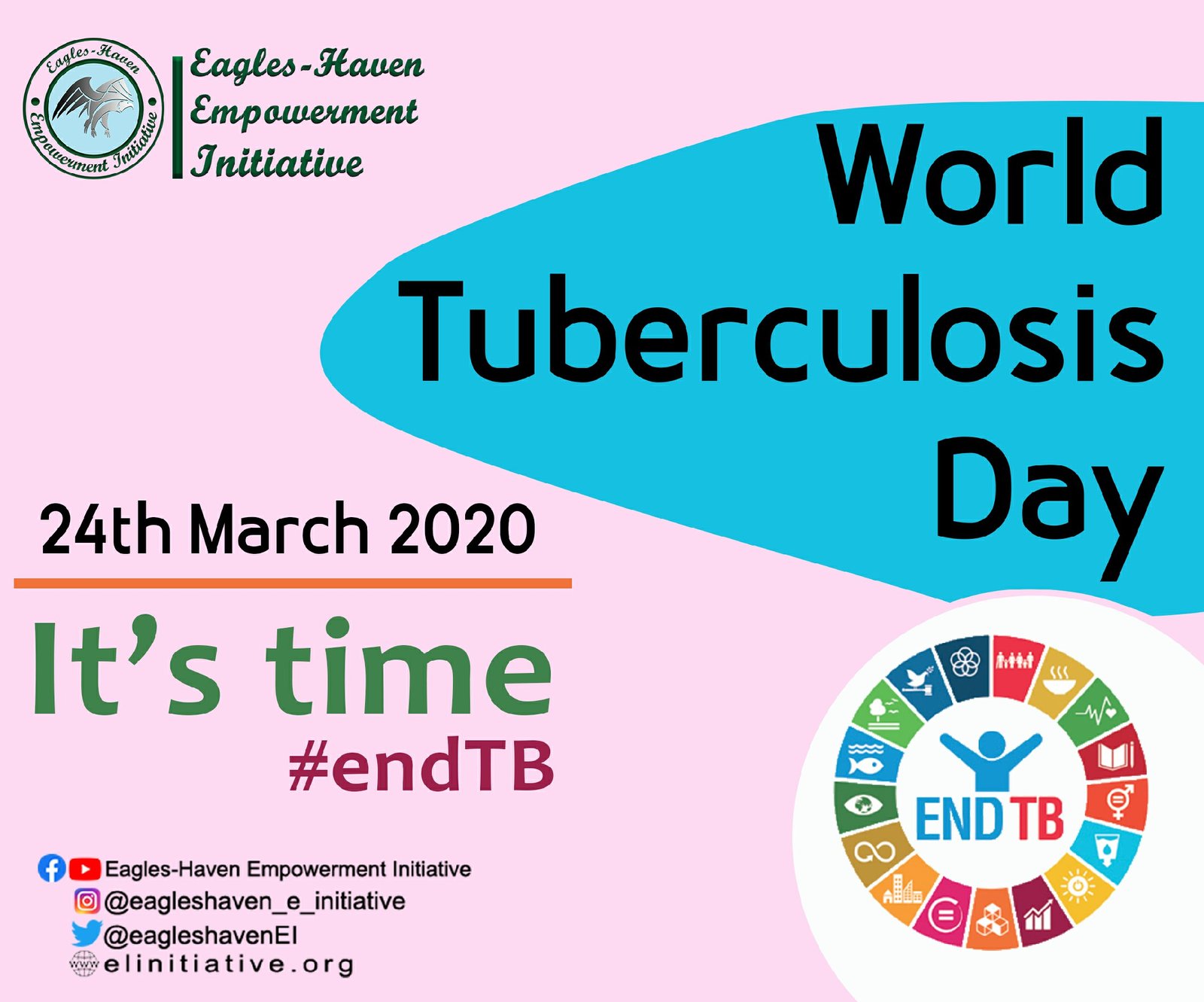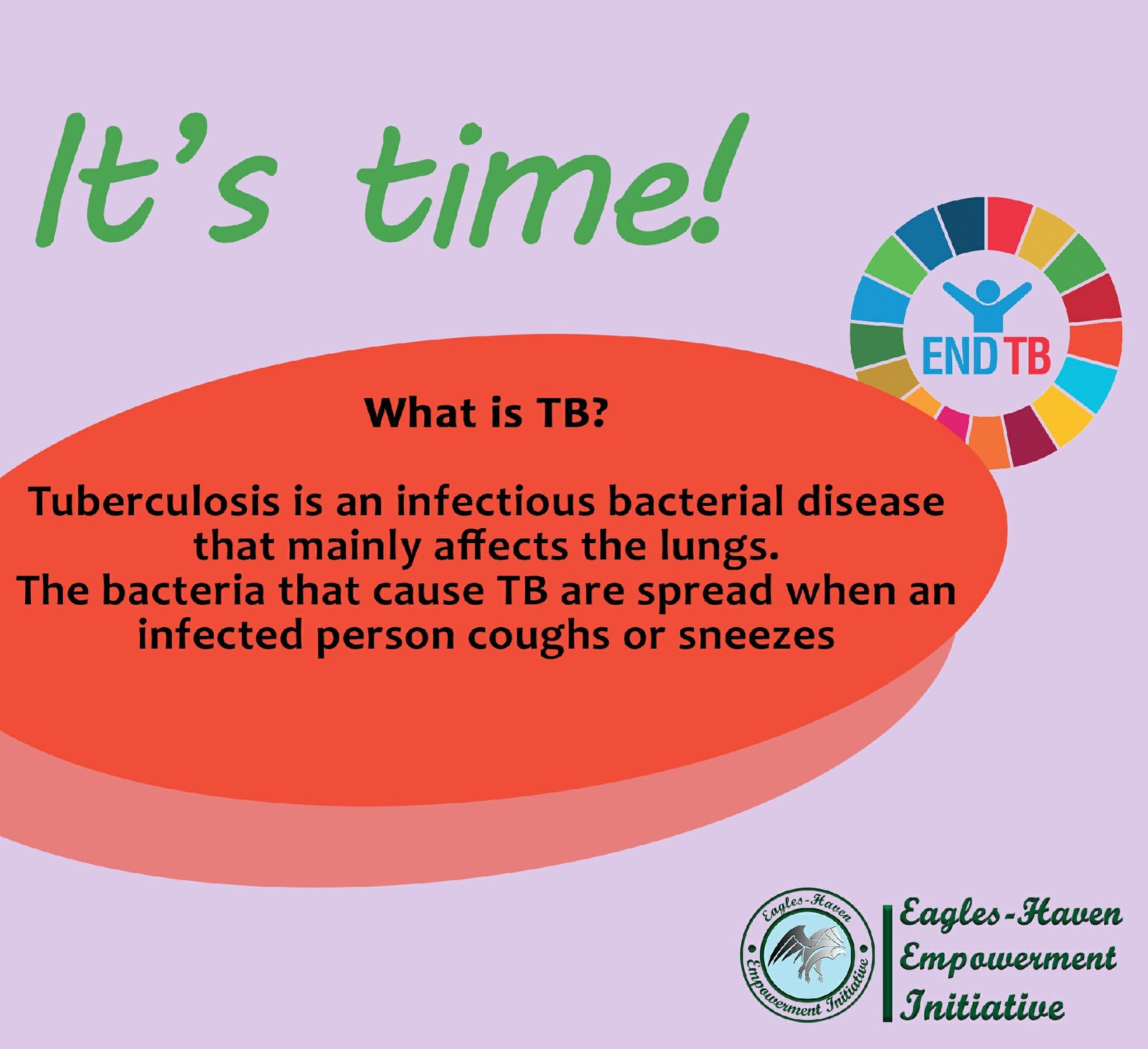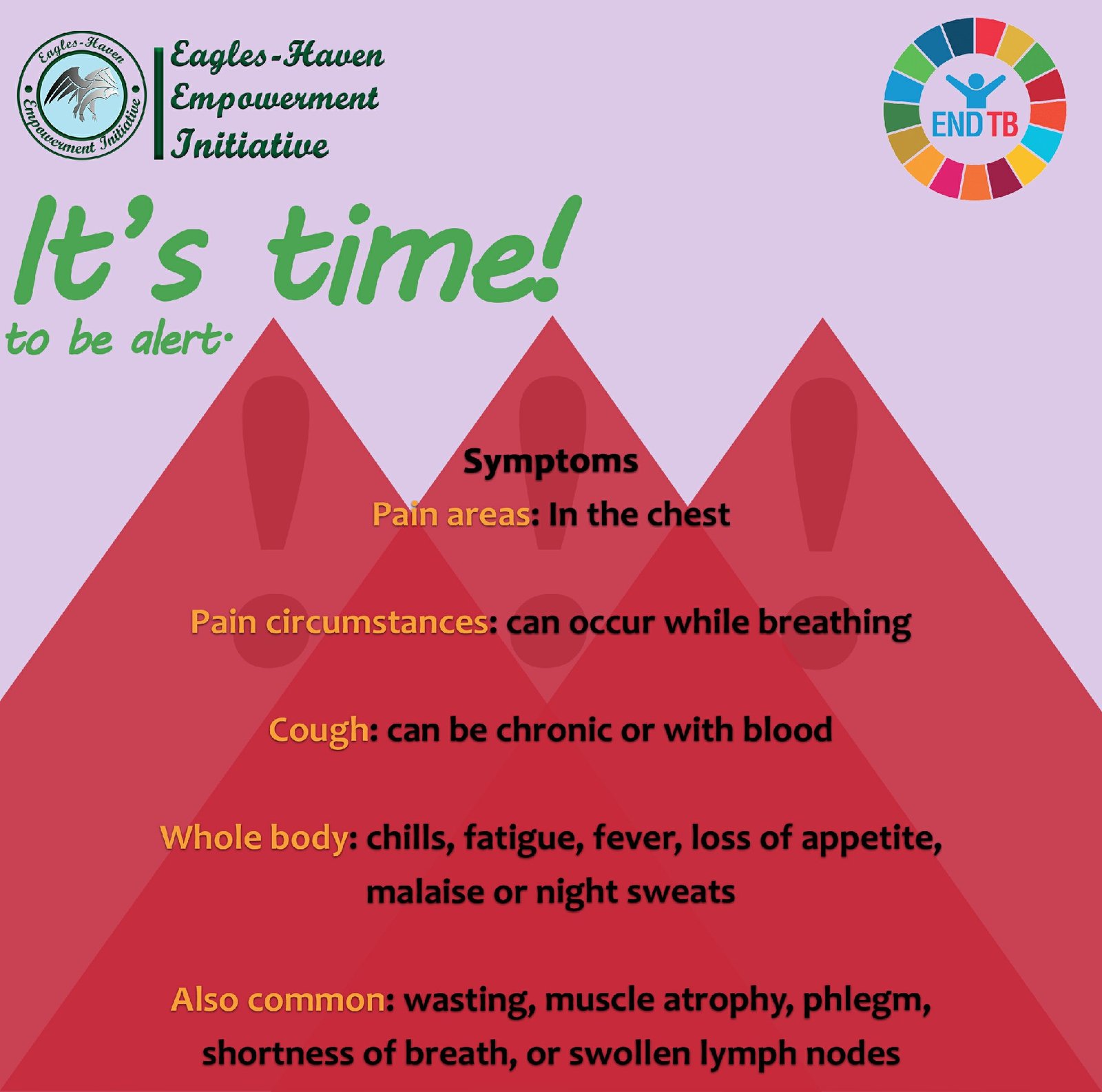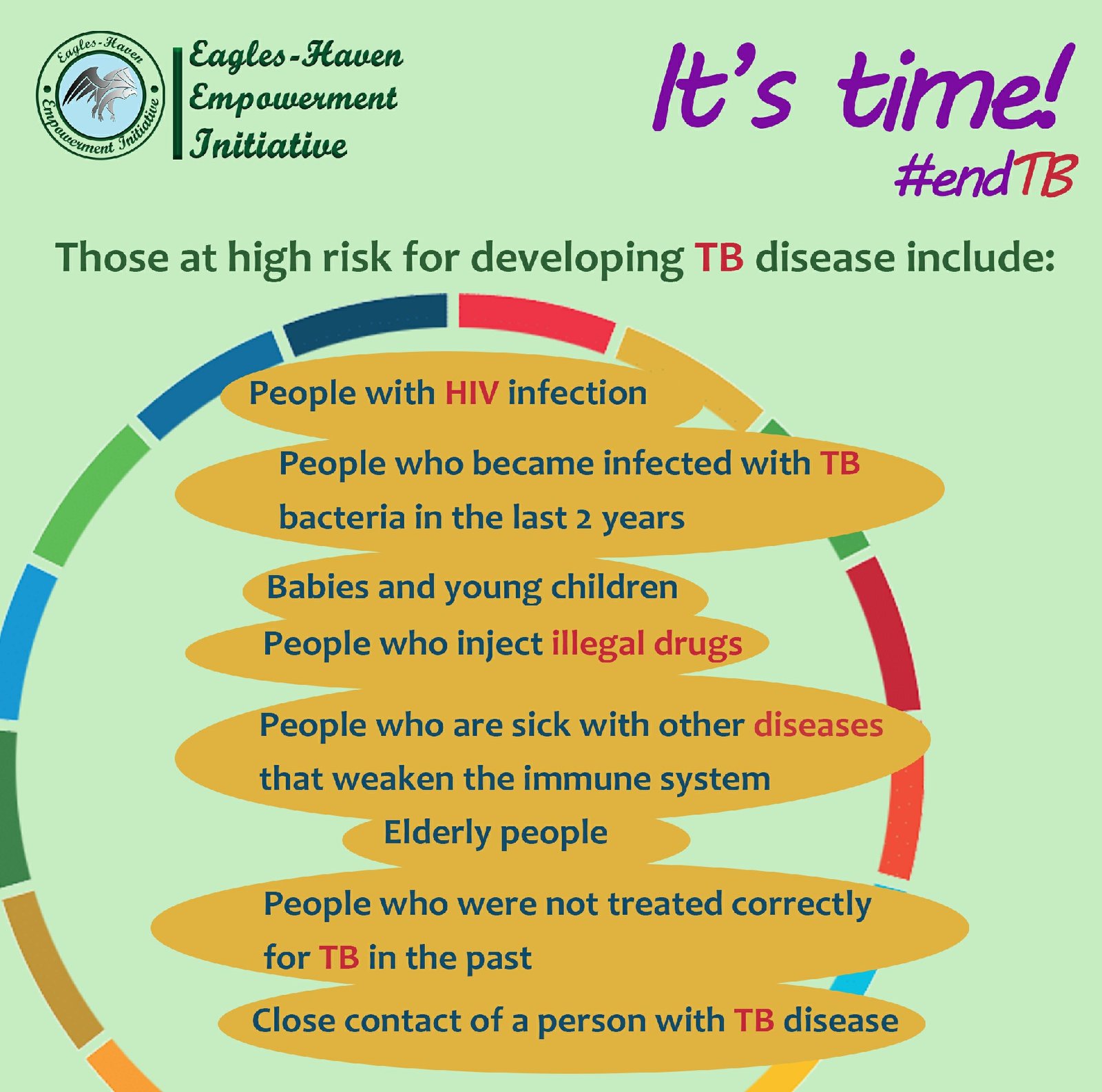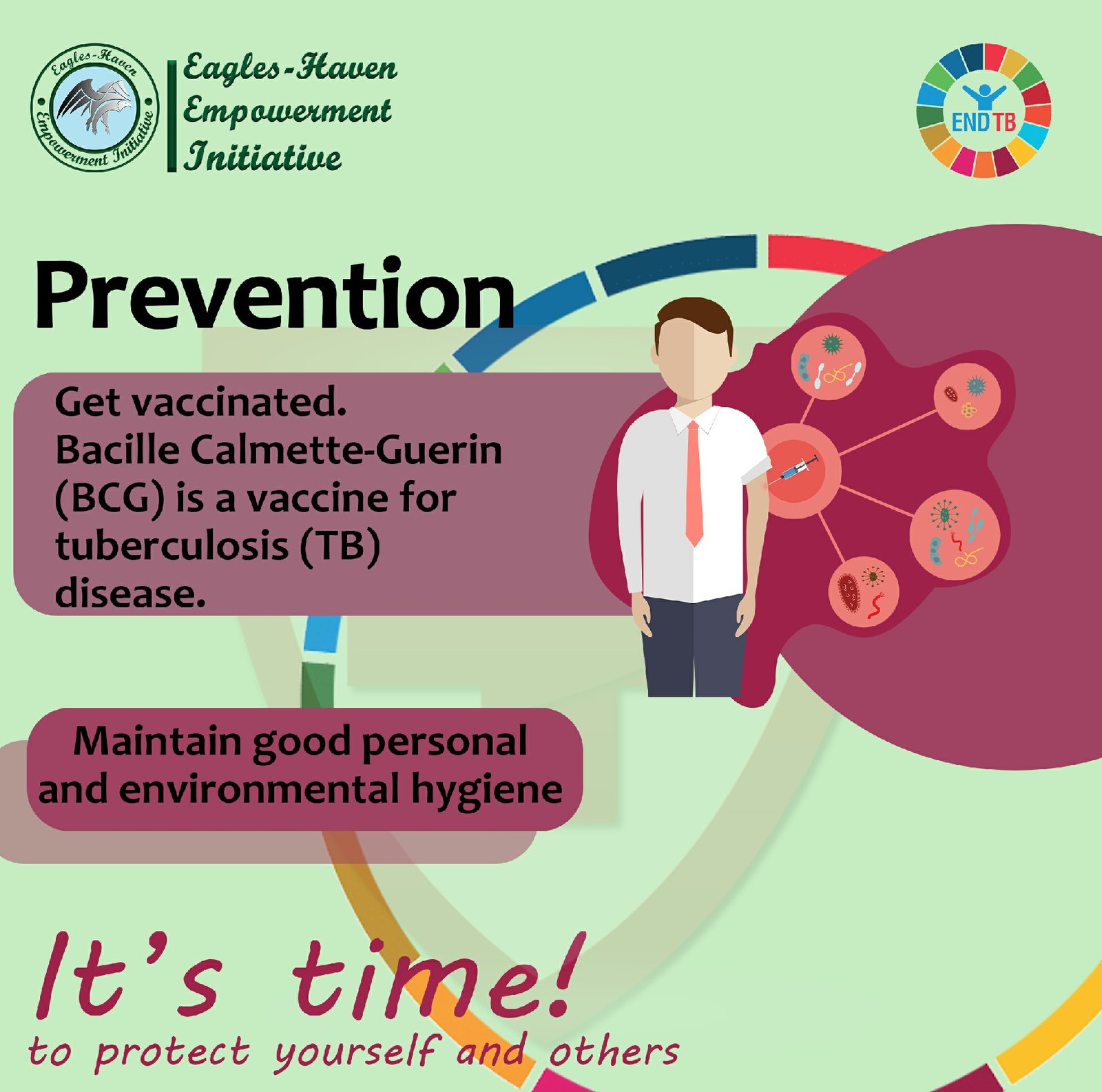World Tuberculosis Day
Tuberculosis is an infectious bacterial disease that mainly affects the lungs. The bacteria that cause TB are spread when an infected person coughs or sneezes. Most infected people don't have symptoms. Treatment isn't always required for those without symptoms. Patients with active symptoms will require a long course of treatment involving multiple antibiotics. Each year, we commemorate World Tuberculosis (TB) Day on March 24 to raise public awareness about the devastating health, social and economic consequences of TB, and to step up efforts to end the global TB epidemic. The date marks the day in 1882 when Dr Robert Koch announced that he had discovered the bacterium that causes TB, which opened the way towards diagnosing and curing this disease. TB remains the world’s deadliest infectious killer. Each day, over 4000 people lose their lives to TB and close to 30,000 people fall ill with this preventable and curable disease. Global efforts to combat TB have saved an estimated 58 million lives since the year 2000. To accelerate the TB response in countries to reach targets – Heads of State came together and made strong commitments to end TB at the first-ever UN High Level Meeting in September 2018. Under the theme ‘It’s Time’, the spotlight this year is on urgently accelerating the TB response to save lives and end suffering, building on high level commitments by Heads of State at the 2018 UN High-Level Meeting on TB. -World Health Organisation
